However, after more than a decade, this policy needs to be revised to create a "push" to liberate human resources in disadvantaged areas and enter a new stage of development.
Decision No. 42 on supporting organizations and units employing ethnic minority workers in mountainous and particularly difficult areas is considered a major policy, demonstrating the State's determination to accompany enterprises and ethnic minority workers, contributing to job creation, income improvement and social security stability in remote and isolated areas.
During the period 2012 - 2024, the whole country had more than 569,000 workers supported by the State to pay social insurance, health insurance and unemployment insurance, contributing to ensuring rights, stabilizing life and creating trust in policies. Nearly 88 billion VND has been allocated for vocational training, helping 47,340 workers to improve their skills right at enterprises or production facilities. The total budget for implementing support policies during this period is about 1,270 billion VND, including costs for insurance, training, labor norms and land rent exemption and reduction. This demonstrates the State's strong commitment to investing in human resources in disadvantaged areas. Many large corporations and groups in the rubber, coffee and paper industries - which employ many ethnic minority workers - have benefited from the policy and have had conditions for stable development.
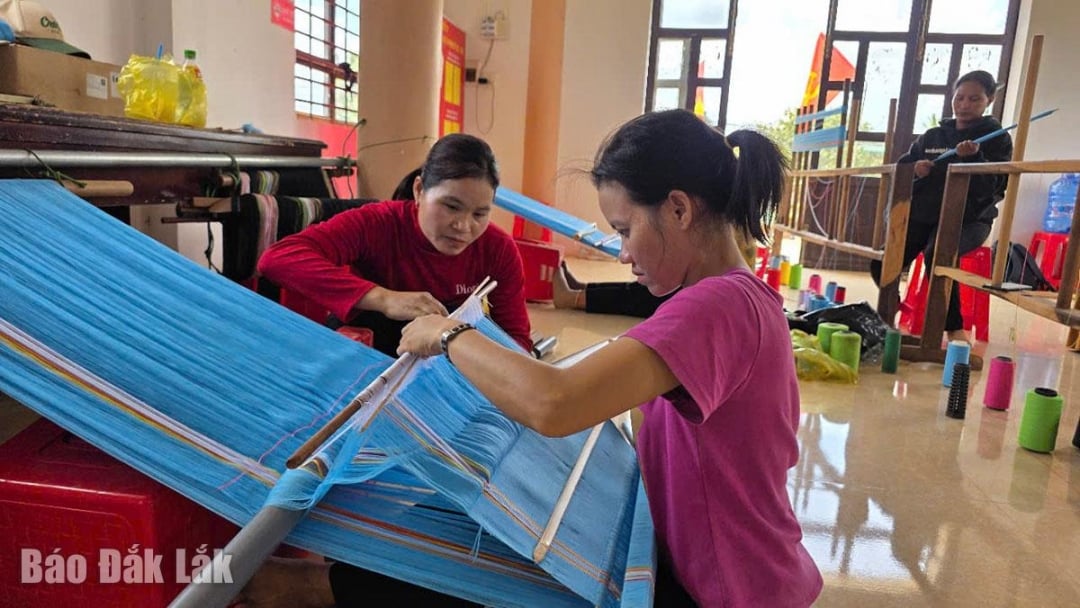 |
| Ethnic minority workers in Kon H'ring village (Ea Yieng commune, Krong Pac district) participate in a brocade weaving elementary class. Photo: Dinh Nga |
Typically, Dak Lak province, in the period of 2012 - 2024, the province has effectively implemented policies under Decision No. 42. In particular, the province has supported vocational training for 735 ethnic minority workers, with a total cost of more than 2.1 billion VND. From 2012 to mid-2025, the province has supported nearly 62 billion VND in social insurance, health insurance, and unemployment insurance for 9,531 workers in 24 enterprises, mainly in the fields of coffee, rubber, cocoa, forestry, and crop services. At the same time, the province has exempted and reduced land rent for 5 enterprises, with a total amount of over 113 billion VND. Beneficiaries include: Dak Lak Rubber Joint Stock Company, Ea H'leo Rubber One Member Co., Ltd., Ea Pok Coffee Joint Stock Company, Ea Tul Coffee One Member Co., Ltd. and Drao Coffee One Member Co., Ltd.
According to the assessment of the Department of Economic Cooperation and Rural Development ( Ministry of Agriculture and Environment ), the policy of supporting organizations and units using ethnic minority laborers according to Decision No. 42 has clearly demonstrated its effectiveness. Through the support policy, it has helped enterprises reduce investment costs, reduce production costs, increase income, maintain and expand production and business.
The policy of supporting ethnic minority workers is not only an investment in people, but also an investment in the future of sustainable development in mountainous and particularly disadvantaged areas. Mr. Le Duc Thinh, Director of the Department of Economic Cooperation and Rural Development. |
In particular, supporting various types of insurance has helped workers feel secure in their long-term commitment, and their rights are guaranteed when they are sick, unemployed or past retirement age. Thanks to that, ethnic minorities have stable jobs, contributing to maintaining security and order in key areas. Vocational training for ethnic minority workers has contributed to changing awareness, improving qualifications, skills and the ability to apply technical advances to production. From there, a professional production mindset has been gradually formed, eliminating small-scale, fragmented farming, contributing to improving labor productivity, increasing income and improving people's lives.
Although it has brought certain results, after more than a decade of implementation, this policy is gradually "out of step" with the new development flow. Decision No. 42 has begun to reveal its limitations such as: too narrow scope of application, cumbersome procedures, many contents are no longer suitable with the current legal system such as the Enterprise Law, the amended Land Law...
For example, when the Enterprise Law 2020 came into effect, many enterprises after equitization were no longer entitled to policies under Decision No. 42. The case of Dak Lak Rubber Joint Stock Company is a proof. Although employing more than 1,200 ethnic minority workers (accounting for more than 52% of the total workforce), from 2021 to now, this enterprise has no longer received support, while still having to pay tens of billions of VND in land rent and social insurance every year. This pressure directly affects the lives of workers and production activities.
In addition, regulations on vocational training are also inflexible. Enterprises wishing to provide short-term vocational training for newly recruited workers must go through licensed units, with many procedures and high costs, which are not suitable for actual production. Regulations on land rent exemption and reduction, and labor norms are also difficult to apply.
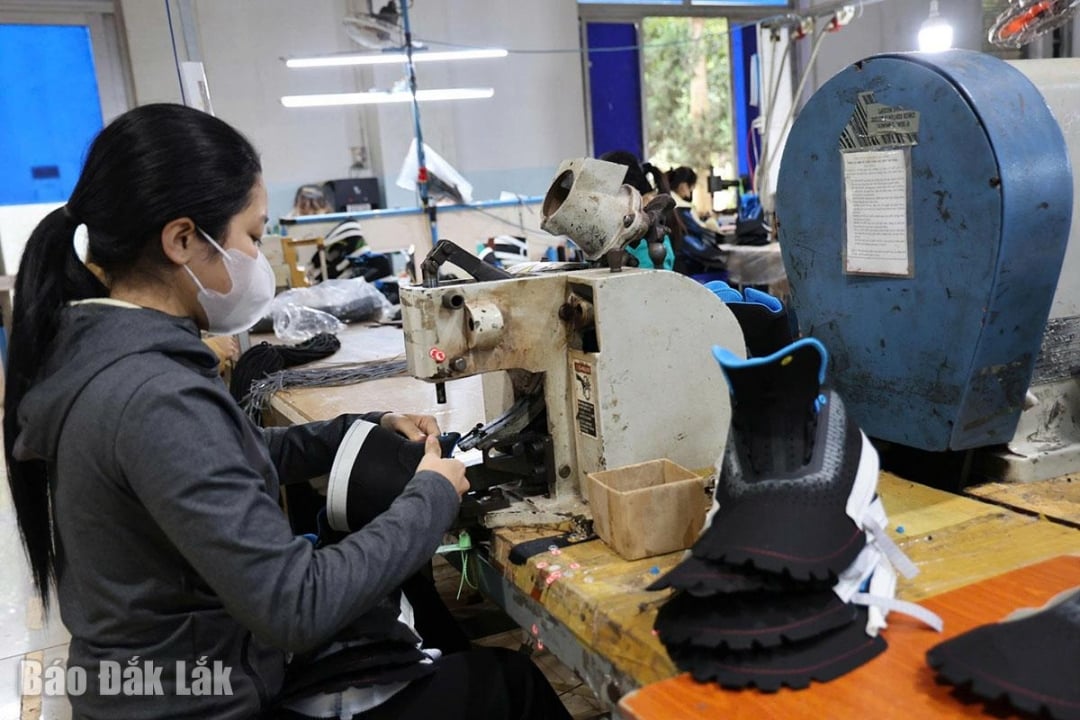 |
| Ethnic minority workers working at SungHyun Dak Lak Company Limited. Photo: Dinh Nga |
Ms. Luong Thi Oanh, Director of Ea Wy Agricultural Production Cooperative (Ea H'leo District) shared that the unit has a need to recruit and train many ethnic minority workers. However, the current support level is still low, and the organization of training courses is not suitable to the actual conditions in the locality, so it does not attract workers to participate. Therefore, the revised policy needs to pay more attention to the characteristics and specificities of ethnic minority workers.
The Dak Lak Department of Ethnic Minorities and Religions also pointed out that the merger of administrative boundaries between Dak Lak and Phu Yen will create many new communes with ethnic and mountainous characteristics but not on the list of beneficiaries of the policy, creating inequality within the same locality. Therefore, it is necessary to add a mechanism to consider specific characteristics, allowing merged communes that meet the criteria of remote, mountainous, and ethnic minority areas to also benefit from the policy.
Based on the above reality, the Ministry of Agriculture and Environment is proposing that the Government comprehensively amend Decision No. 42 in the direction of: expanding the beneficiaries, including all enterprises, forest management boards, agricultural, forestry and fishery production and processing cooperatives employing ethnic minority workers; increasing the training support level from 3 million to 5 million VND/person/course; extending the insurance support period and labor norms to 10 years; abolishing provisions that are inconsistent with the current legal system, simplifying administrative procedures. At the same time, updating the support area down to the commune level, in line with the 2024 Land Law...
Source: https://baodaklak.vn/xa-hoi/202506/go-nut-that-chinh-sach-cu-hich-cho-lao-dong-dan-toc-thieu-so-759164b/


![[Photo] More than 124,000 candidates in Hanoi complete procedures for the 2025 High School Graduation Exam](https://vphoto.vietnam.vn/thumb/1200x675/vietnam/resource/IMAGE/2025/6/25/fa62985b10464d6a943b58699098ae3f)

![[Photo] First training session in preparation for the parade to celebrate the 80th anniversary of National Day, September 2nd](https://vphoto.vietnam.vn/thumb/1200x675/vietnam/resource/IMAGE/2025/6/25/ebf0364280904c019e24ade59fb08b18)
![[Photo] General Secretary To Lam works with the Standing Committee of Quang Binh and Quang Tri Provincial Party Committees](https://vphoto.vietnam.vn/thumb/1200x675/vietnam/resource/IMAGE/2025/6/25/6acdc70e139d44beaef4133fefbe2c7f)
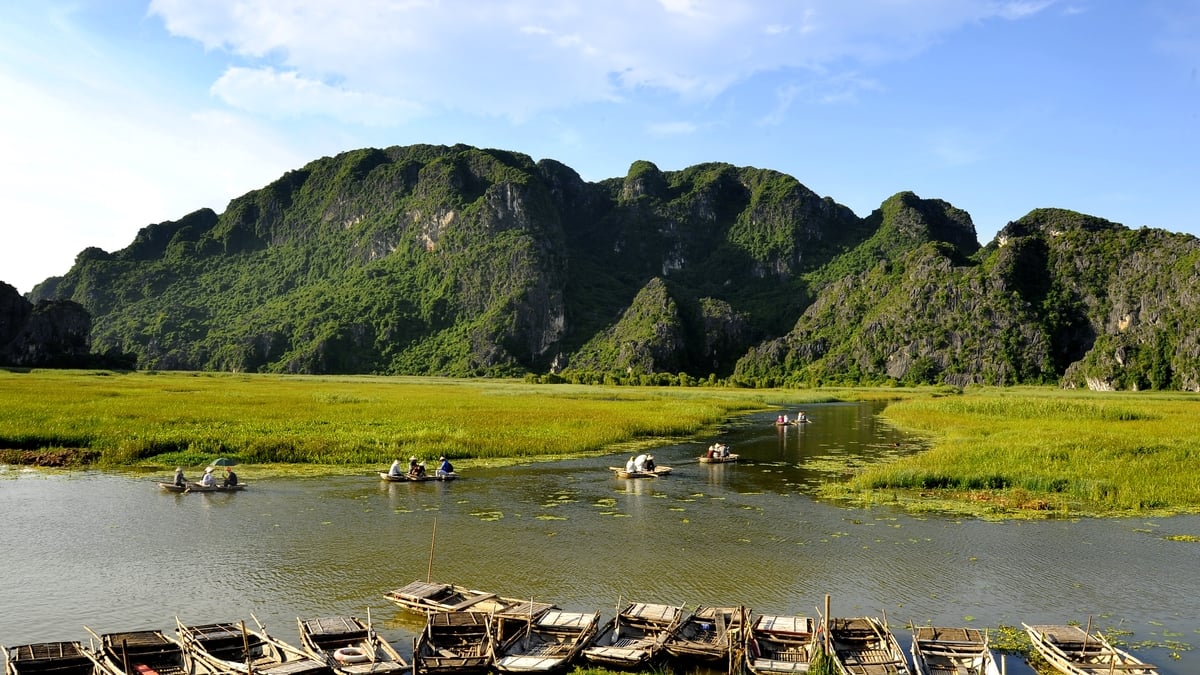

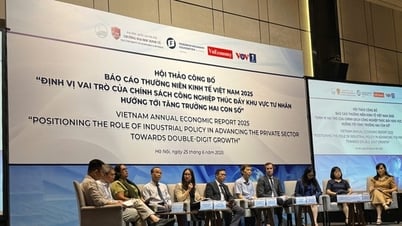



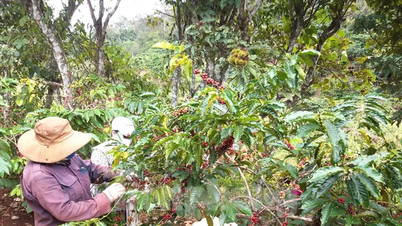







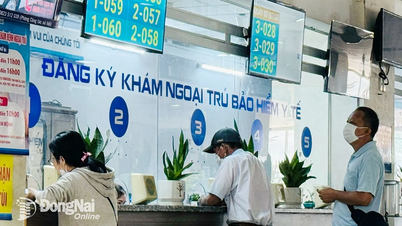

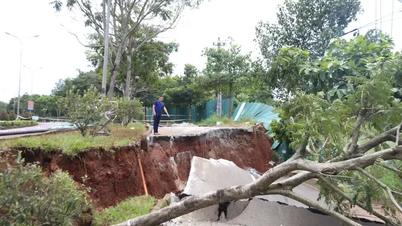





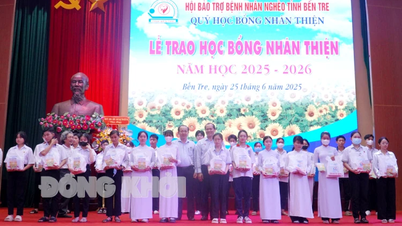





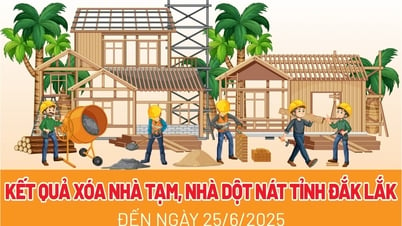







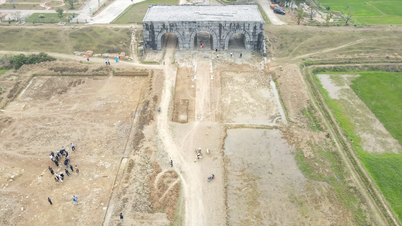



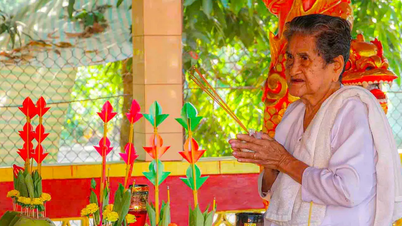
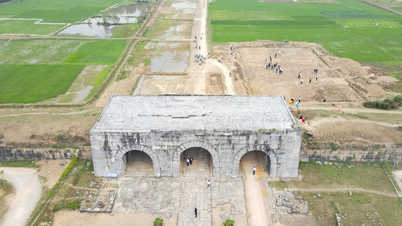






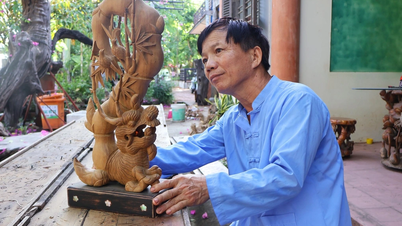






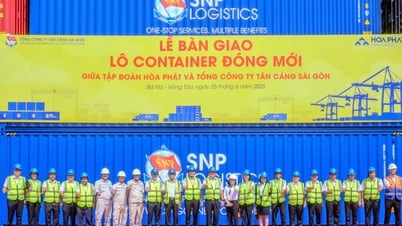



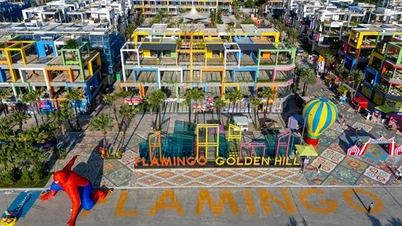




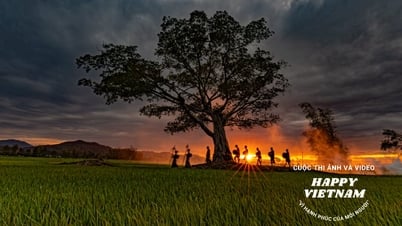
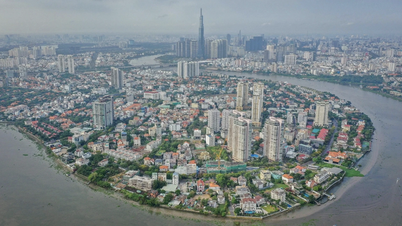







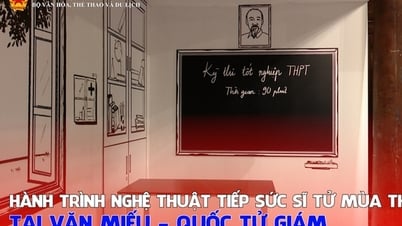

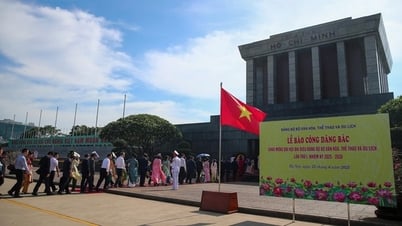
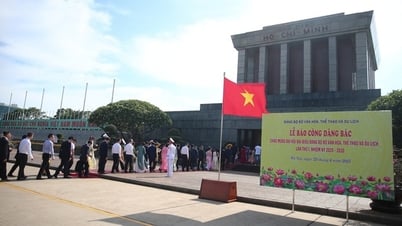
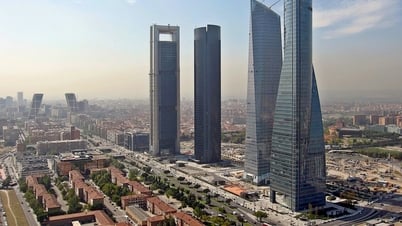



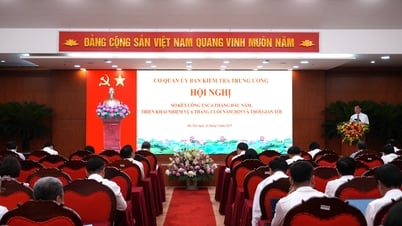
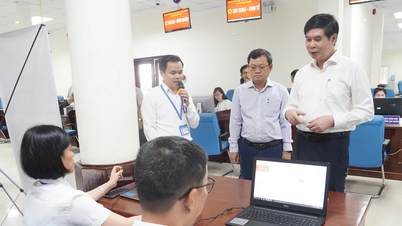
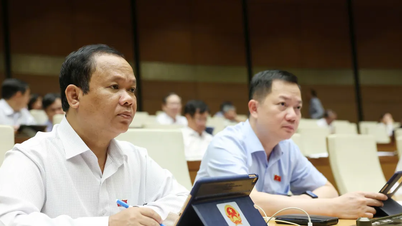
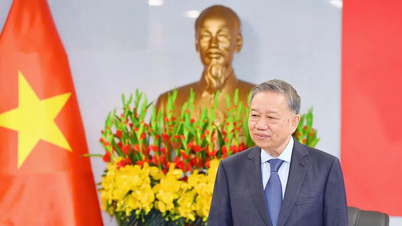
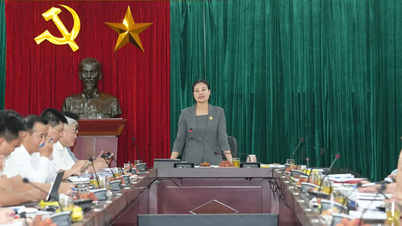



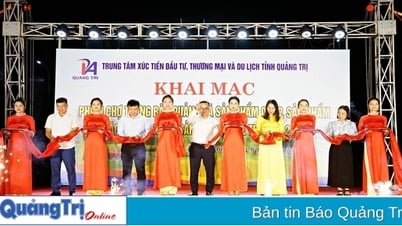








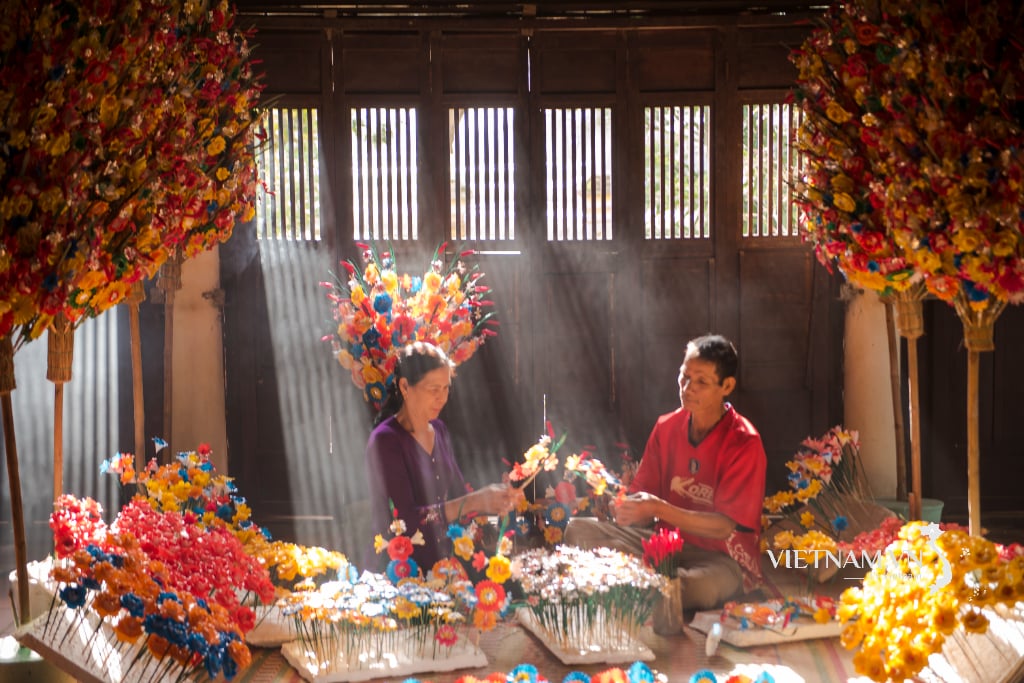


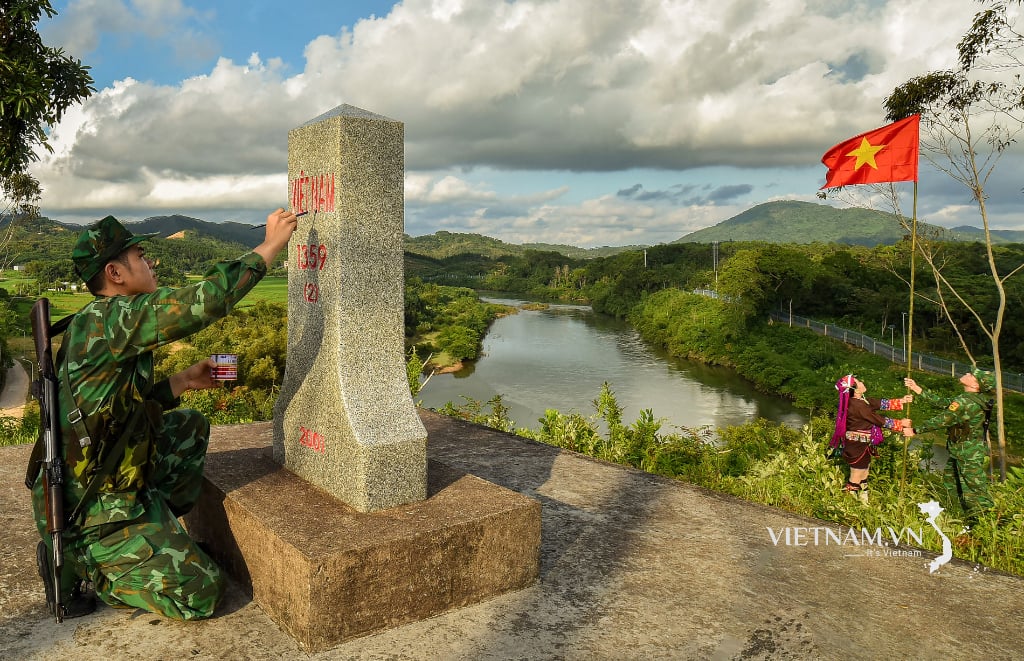
Comment (0)